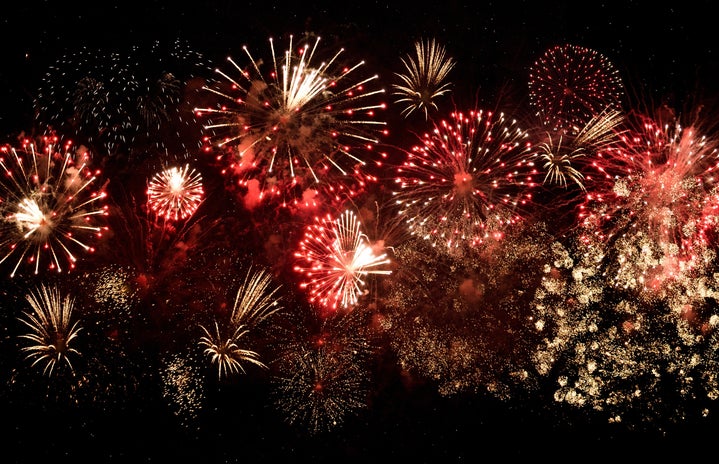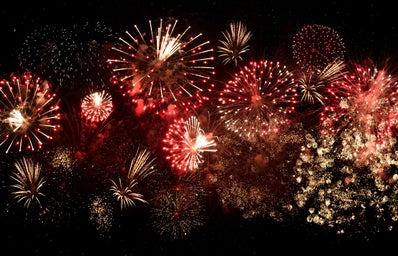As we all know, the New Year is often a time we choose to have our renewal. A renewal of both the mind and body, where most often we make these resolutions to find ways of renewal.
The Gregorian calendar differs a lot from many of the other calendars throughout the world. Unlike the Jewish, Islamic, Chinese, or many of the other calendars that exist within the world, the Gregorian calendar is fixed compared to the lunar or lunisolar nature of most of those other calendars. With these differences it means that for those of us who follow multiple calendars we find ourselves celebrating two or more New Years every year. This duality of having multiple starts of the different years and their systems means that for those who do observe these calendars there are multiple points that renew our actions.
With every new year, people often make resolutions to be better, or to do something new and different during the upcoming year. With the most common calendar we use, this new year always occurs on January 1st. But, that is not always true for most other calendars.
As someone who doesn’t only subscribe to the Gregorian Calendar, the importance that I place onto the new year is split for me between two different times. The Jewish new year or Rosh Hashannah and Yom Kippur hold more spiritual significance whereas the “normal” New Year is, in some ways, a superficial connection. Despite these differences, they are both important transitional times for me that can be used for both growth and renewal.
Reform Rabbi Marc Katz from Congregation Beth Elohim in Brooklyn said “I feel like there is a license during the secular new year to be a little bit more selfish in a way”. With the holy nature of Rosh Hashanah and the subsequent days that follow, we focus on atoning for our wrongs
of the past year and making resolutions on the more spiritual things. Rabbi Katz goes on to say
“New Year’s is all about ‘I’m going to be healthier, I’m gonna read more books… etc.’ Those are the New Year’s resolutions. I think you lose something at Rosh Hashanah if your tshuva has that quality.” For Jews who do also look to the secular Gregorian New Year can serve as a way to make those resolutions that are a bit more surface level.
These differences force us, or maybe just me, to really consider what I plan for the upcoming time period.
The resolutions we make often reflect parts of ourselves that when reflected back to us makes us unhappy. While we wish to change ourselves during this new year, some things that, at the beginning, might suit us, as we go about our lives we might find that no longer do those same resolutions work any more. By picking a time at another part of the year, we gain another opportunity to take this look at ourselves.
When it comes to the resolutions I am making, I often don’t write them down. Writing things down in many ways makes the intangible tangible, and through this action there is little room for change. Some things are important to write down, but if our goal throughout the year is growth, giving myself room for the changes that I will go through throughout the year to me writing things down is just not conducive to that.
Our resolutions should not necessarily be things that we feel must be done because of other people but true to the people we hope to become through our process of growth. In the long run to me having these multiple points of resolution and renewal I open the door to myself to be more open and allow myself to give better focus to the things that are important to me. And so whatever works for you I hope that you can find the ideas of using other points within the year to make new resolutions and utilize them if you want.
Whatever significance you find both at the New Year and at any other time of this new year, I hope that you can hold it close to your heart and embrace your needs with your desires. Happy New Year, hope it can be better than the last one.


